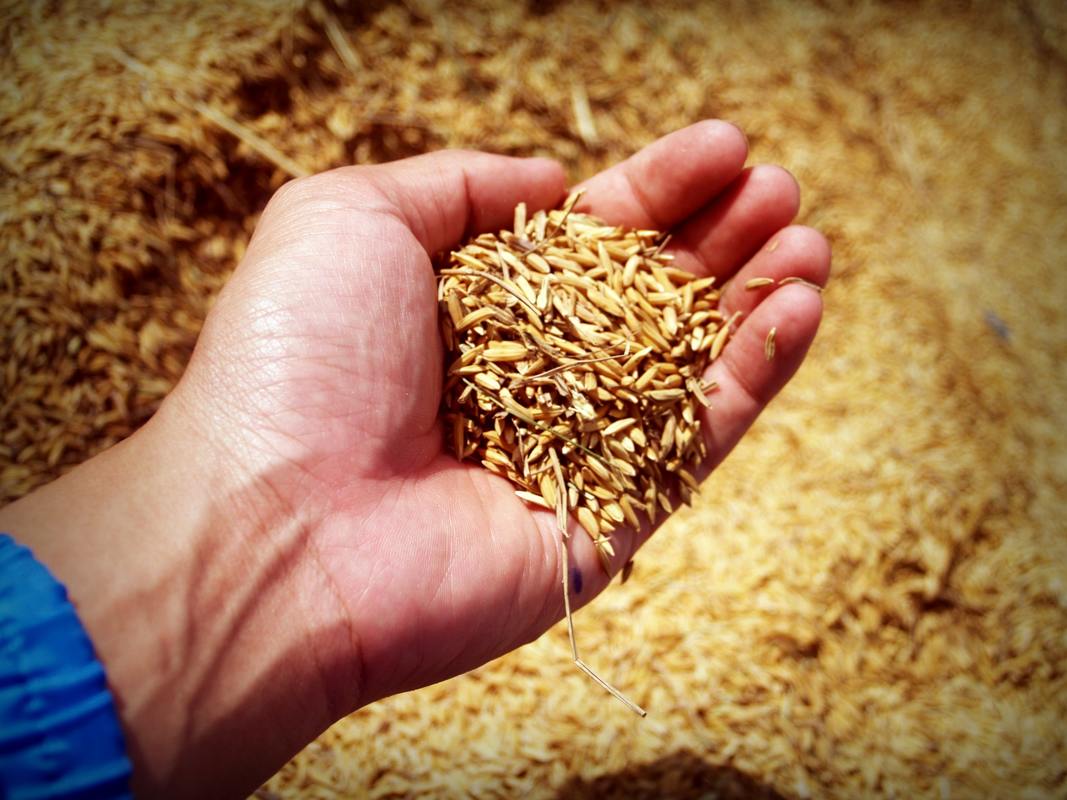|
These are unprecedented times. While global economic growth and average lifestyles are in many ways at all-time highs, this has come with costs such as degraded environmental systems which otherwise support economies, societies and cultures. Other costs appear to include rising inequality, with the effects of automation only expected to accelerate. Scientists predict that the next 20 to 30 years will be filled with severe challenges to our ways of life. We need look no further than the turmoil in Syria and Venezuela to see examples of the direct consequences of degraded environmental and social systems, and these may well grow exponentially if we don’t find a way to resolve these present day challenges. Environmental challenges we currently face, or will face in the near future, include:
The social dimension, while at times overlapping with the expected outcomes above, also include a lack of adequate education, housing, financial, medical and communication services, as well as unequal access to energy. Progress has been fragmented and uneven. China has made great strides in eliminating energy poverty, but these challenge remains in India. Conditions are improving for a rising middle class in developing nations, while in countries such as the United States and United Kingdom, large swaths of society feel increasingly left behind, leading to unexpected results from election cycles which have environmental and social ramifications. The interconnected nature of the global economy and these environmental and social challenges are becoming clearer, and fortunately, so are solutions to these challenges. However, what is needed to fix these problems is not simple. Many categories of solution in fact appear to be necessary. The common thread for these myriad solutions is innovation for impact. Sustainability has become an issue of global competitiveness, requiring innovative thinking in areas such as:
Countries and regions which successfully address these areas will almost certainly be the most economically vibrant in the coming decades. However, solutions to social and environmental challenges may have side effects and unintended consequences that must also be managed for. A full solution set must be multi-layered and complex by definition. A systems approach to innovation will be necessary, and therefore we see the need to run solutions within diverse areas, in parallel, for best effect. Unintended consequences have already been witnessed in regions such as the Silicon Valley in the US. This region succeeds through a lens of innovation, leading to almost out of control financial success for the region in general, yet many remain economically left behind. An ideal systemic solution appears to require more considerations of the social dimension, creating opportunities for all categories of resident, while reducing inequality, in order to achieve the full economic and healthy lifestyles that all of its citizens might benefit from, but how to best achieve this outcome. Key questions and imperatives, as a result, continue to emerge, such as:
This is what our new book Sustainable Innovation and Impact aims to achieve, namely a presentation of one possible interconnected system of environmental and social solutions, which if run successfully in parallel, might keep us from driving over the edge of the environmental and societal cliff that we are otherwise seemingly heading directly towards. Turning challenges into opportunities seems to be the best way to drive future success and everyone wants a world that thrives. What are these specific solutions and what do they start to look like? This is what we posed to recent students at Yale, Brown, Maryland and Concordia in Montreal, and some of the best solutions are featured within. As we wrote in our previous book on sustainable investing, the future of investing now requires sustainability to be fully “baked in”, and for the environmental and societal outcomes we all seek, there needs to be a business case. Millennials recognize this, and so do leading corporations, as well as an increasing number of investors from all walks of life. New business models have also emerged in the sharing economy, and global cities are rising up as booming and thriving metropolises where all sorts of solutions are emerging constantly from the positive energy of their citizens. This dynamic now needs to be experienced and implemented in all countries and regions to take full effect. Solving these problems is our biggest challenge, and hence our biggest opportunity. We hope you enjoy this expedition and that this helps you find your own path forward. We all now need to play our part to help create the sustainable and economically vibrant future we all desire. It appears to be the only way. This is an adapted version of the introduction of Cary Krosinsky and Todd Cort newest book published by Routledge.
0 Comments
Leave a Reply. |
WANT TO PUBLISH AN ARTICLE HERE?
Have a read at our Publishing Guidelines: NEWSLETTER
Subscribe to our newsletter to get the sustainability articles sent to you every month. EDITOR
Lauren Guido |
|
Follow Us
Contact Us
|
Want to learn more? |




